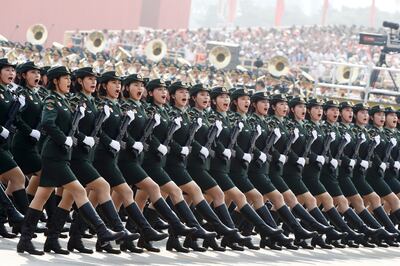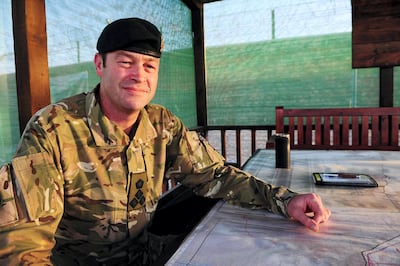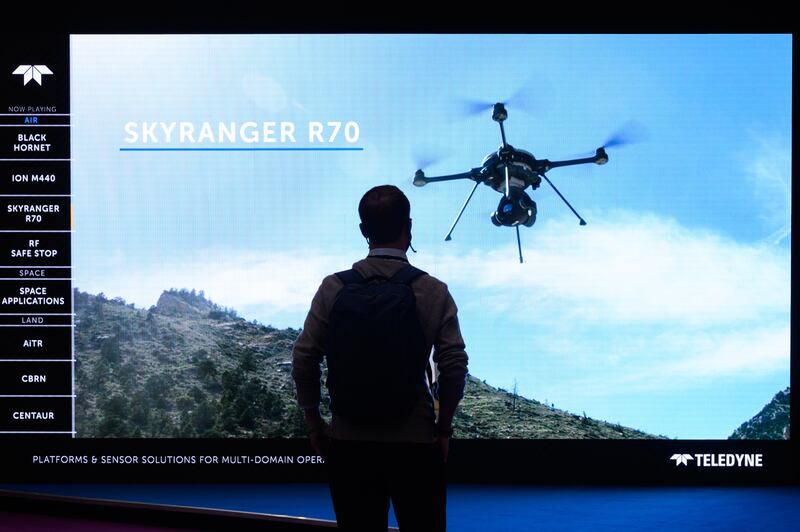Britain’s military should learn to fight using social media and artificial intelligence in a new tactic branded “precision soft strike”, a leading commander has said.
Gen Sir Patrick Sanders said that given the growing prospect of conflict between China, Russia and the West, it was necessary to adapt new tactics using software to bring down enemy supply chains or social media to counteract malign propaganda campaigns.
A dramatic change was required in the West’s military mindset because the “very rules of warfare have changed” with forces moving away from military hardware such as warships and fighters into space and cyberspace.
These two battlefields meant it was “nothing less than a race for advantage in the defining technologies of the future”.
Gen Sanders said if Britain's Armed Forces failed to adapt “we will become at best exquisite but irrelevant and at worst will die”.

“The role of non-military means of achieving political and strategic goals has grown and in many cases, they have exceeded the power of a force of weapons in their effectiveness,” he said in his speech to the Defence Security and Equipment International exhibition in London.
The military had to be “more proactive on social media” with targeted messaging and more agile in “countering adversarial campaigns”.
“Let's step up the pressure,” urged the head of the UK’s Strategic Command. “We need to be prepared to conduct precision soft strike … We may wish to target adversarial media campaigns or disrupt and even neutralise military systems, such as a supply chain.”

But Britain also had to retain the technology to be “prepared to prosecute hard strike at extreme range to destroy carefully selected targets”.
The force would use machine learning and AI to help commanders make decisions to combat autonomous drone swarms. “It will be much more about drones themselves than it will be about manned platforms,” he said.
The use of AI and intelligent machines would also allow the military to field “a larger, more capable and more affordable force”.
In a reference to the gadget master in the James Bond films, he said: “I have more need of Q than I do of 007 or ‘M’ [the MI6 boss].”
China’s People’s Liberation Army had already concluded that the “centre of gravity in military operations” had shifted and was using new operating concepts of autonomous drone swarms and precision attack “to achieve persistent paralysis” of their enemies.
Gen Sanders suggested that defence companies were not “harnessing the pace of development” in the commercial sector, and that an autonomous car “has 800 times more processing power than the most advanced processor on any military platform”, which was the F35 fighter nicknamed The Flying Supercomputer.
With the fall of Afghanistan, the threat to world peace was not diminishing. “The security outlook is more perilous than it was two years ago and we're now facing the twin spectre of emboldened terrorists … and a growing authoritarian Zeitgeist that celebrates the suppression of political and individual freedom as a better way to govern.”
He named China and Russia as autocratic regimes determined to subvert the international order with a growing hunger for more power. “But the appetite grows with the eating and the risk-taking accelerates the potential for escalation and miscalculation unless this behaviour is challenged and contained,” he said.







